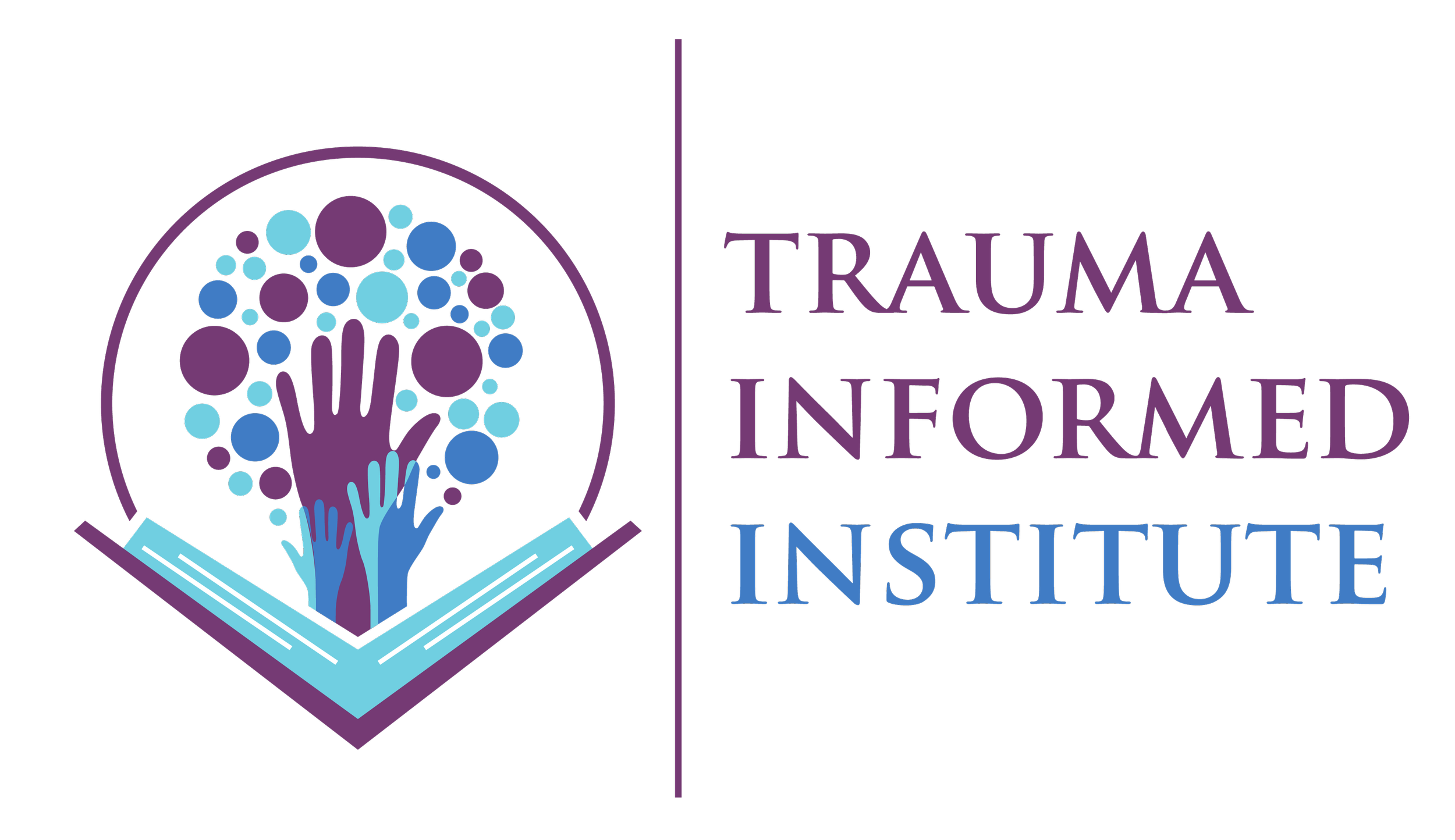Empowering Communities: The Crucial Role of Trauma-Informed Implementation Specialist Training
In a world where the impact of trauma is more widely understood, the need for Trauma-Informed Implementation Specialists has never been more crucial. These professionals, armed with specialized training, play a vital role in transforming communities, organizations, and institutions into places of healing, understanding, and resilience. Let us explore the significance of Trauma-Informed Implementation Specialist training and its profound effects on individuals and society as a whole.
Understanding Trauma-Informed Implementation Specialists:
Trauma-Informed Implementation Specialists are individuals who have undergone comprehensive training to recognize and address the multifaceted aspects of trauma effectively. Their role encompasses various crucial responsibilities that are integral to promoting emotional well-being and healing in individuals who have experienced trauma.
Recognizing Trauma Indicators: One of the fundamental aspects of this training is the ability to identify trauma indicators. These indicators include physical, emotional, and behavioral signs that trauma survivors exhibit. By understanding these signs, specialists can offer timely support and care.
Implementing Trauma-Informed Practices: A core objective of this training is to guide organizations, institutions, and communities in adopting trauma-informed practices. This involves reshaping policies, procedures, and environments to create safe and supportive spaces for all and minimizing the risk of re-traumatization.
Fostering Empathy and Resilience: Specialists trained in trauma-informed approaches are champions of empathy and resilience. They educate and motivate individuals to respond to trauma survivors with compassion and work toward nurturing resilience in those who have endured trauma.
The Impact of Trauma-Informed Implementation Specialists:
Creating Safe Environments: The training equips specialists with the knowledge and skills to create safe environments where individuals feel supported and secure. This significant achievement significantly reduces the risk of retraumatization and fosters a sense of safety.
Empowering Healing and Growth: Trauma-Informed Implementation Specialists play a crucial role in empowering individuals and communities to heal and grow. They provide the essential tools, resources, and guidance for trauma survivors to embark on a journey of recovery.
Cultivating Positive Change: The work of these specialists is a catalyst for positive change in society. Through their expertise, they contribute to a transformative, compassionate, and empathetic world where individuals are equipped to overcome their traumatic experiences.
Trauma-Informed Implementation Specialist training is more than just a profession; it is a calling to make the world a better place. By recognizing trauma indicators, implementing trauma-informed practices, and fostering empathy and resilience, these specialists bring about positive transformations in communities and organizations. Their work creates safe environments, empowers healing and growth, and cultivates positive change. The importance of their training cannot be overstated, as it holds the key to a more compassionate and resilient society. If you are considering a career as a Trauma-Informed Implementation Specialist, you are on a path to making a profound impact on countless lives.


